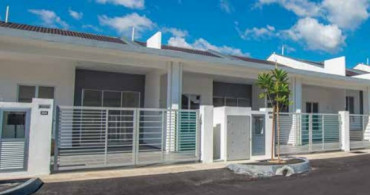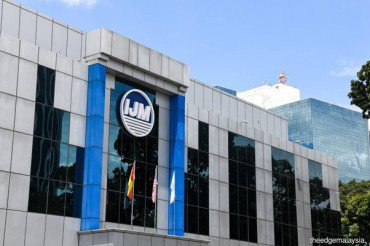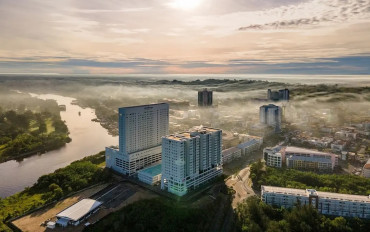ADVERTISEMENT
All Property News
Stay updated with the latest real estate and finance news, including property market trends, housing insights, and valuable information.

High cost derails Putrajaya's proposed trackless tram system
18 hours ago

Affordable freehold semi-D & terrace homes at Taman Sinar Permata
20 hours ago

EPF lifts stake in IJM to 20.4%
21 hours ago

GDB revamps board amid shareholding reshuffle
21 hours ago

Amid MACC probe, IJM chairman says has ‘full confidence in enforcement process and laws’
23 hours ago

WCT plans RM5b sukuk wakalah to fund working capital, debt refinancing
Feb 6, 2026
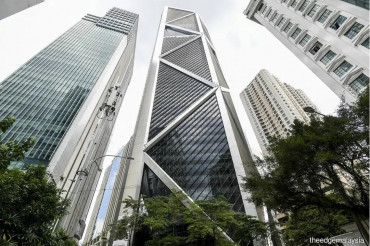
Legally Speaking
Govt seeks to forfeit funds in Ilham Tower, individual accounts linked to Daim case
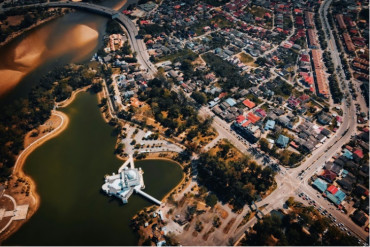
Guide to Homebuying
Find the best location for your home
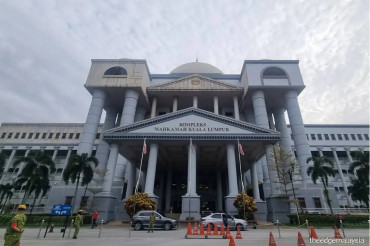
Legally Speaking
KL High Court rules developer’s ‘contra arrangements’ with landowner invalid in K Residence condo case; Duta Yap’s son held personally liable
Trending narratives
Malaysia's Most
Loved Property App
The only property app you need. More than 200,000 sale/rent listings and daily property news.
























